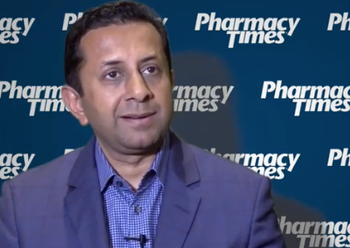
Nimesh Jhaveri, President of Health Mart, discusses how local pharmacies can grow their patient base.

Nimesh Jhaveri, President of Health Mart, discusses how local pharmacies can grow their patient base.
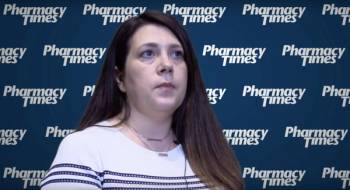
Tera Moore, PharmD, discusses key strategies for successfully integrating psychiatric pharmacist providers in mental healthcare teams.
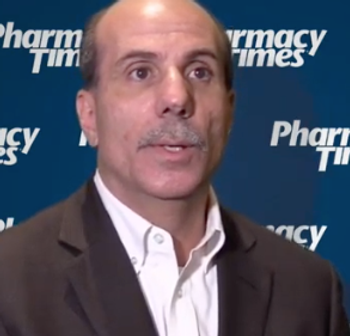
Chris Cella, VP of RxOwnership, on how Trumm Drug’s change in ownership was a good model to follow.

Trumm Drug, a pharmacy serving Alexandria, Minnesota, has been named the Health Mart Pharmacy of the Year by McKesson Pharmaceutical.
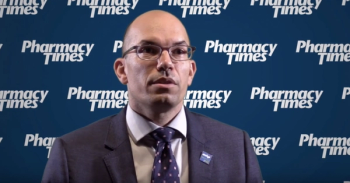
Tom Kraus, of ASHP, says pharmacists should play an active role in advocating for policy changes and legislative actions.
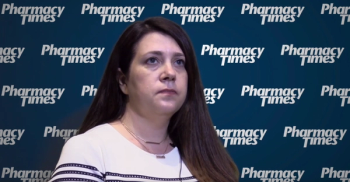
Tera Moore, National Program Manager with the VA Pharmacy Benefits Management Clinical Pharmacy Practice Office, discusses the role that psychiatric pharmacist providers play in their patients' mental health management.

As the McKesson IdeaShare 2019 conference opens next week, Pharmacy Times will be on location delivering coverage.
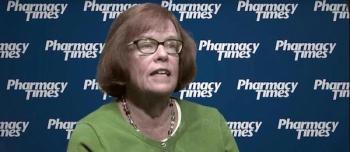
Patricia Kienle, BSPHARM, MPA, FASHP director of Accreditation and Medication Safety for Cardinal Health in Dublin, OH discusses the application of sterile compounding standards in hospital areas outside the pharmacy.

The American Society of Health-System Pharmacists (ASHP) awarded Bruce E. Scott, a former president of ASHP, with the 2019 Harvey A.K. Whitney Lecture Award at their summer meetings in Boston.
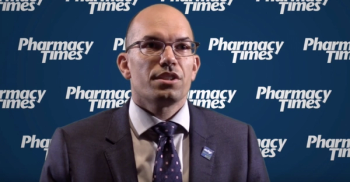
Tom Kraus of ASHP discusses what they'll be watching for at upcoming FDA listening sessions regarding compounding legislation

At the Asembia Specialty Pharmacy Summit 2019, a panel of experts educated audience members about chronic inflammatory demyelinating polyneuropathy.
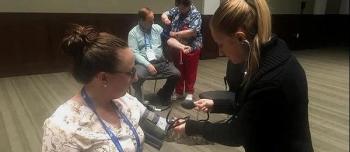
As the pharmacy services industry continues to shift toward more all-around care, an increasing number of pharmacists are implementing physical exams in their practice.

Pharmacists are part of collaborative care models for opioid use disorder (OUD) treatment and suicide prevention.
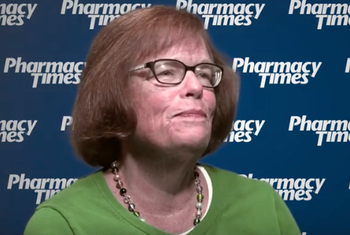
Patricia Kienle, BSPHARM, MPA, FASHP discusses the different rooms that are used for compounding and how to comply with USP 797 regardless of location in sterile compounding during the American Society of Health-System Pharmacists Summer Meeting in Boston, MA from June 8-12.
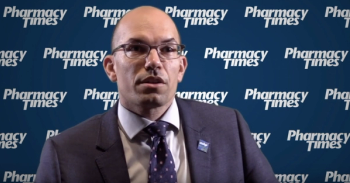
Tom Kraus, VP of Government Relations for ASHP, discusses what they're focusing on regarding drug pricing legislation.

The Janssen Pharmaceutical Companies of Johnson & Johnson today announced results of a new subgroup analysis from the phase 3 CREDENCE study,
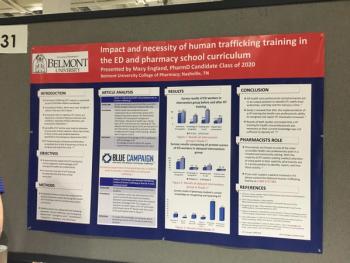
The literature review indicated that there was a significant need for human trafficking (HT) training within emergency departments (ED) and pharmacy school curriculum.

Elizabeth Pogge, PharmD, MPH, BCPS-AQ Cardiology, Associate Professor, Midwestern University College of Pharmacy – Glendale, Glendale, AZ, discusses management of anticoagulation medications in special populations, including pregnant women and elderly individuals.


The award honors outstanding individuals who have made major contributions to pharmacy practice.

At the ASHP Summer Meeting in Boston, Michael Botticelli, of the Grayken Center for Addiction at Boston Medical Center, looked at factors that helped create this crisis.
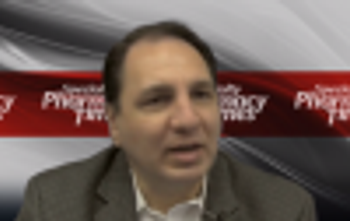
Ali McBride, PharmD, BCOP, president of the Association of Community Cancer Centers, discusses how pharmacists can assist in adverse event management during the American Society of Clinical Oncology Annual Meeting in Chicago, IL

Ali McBride, PharmD, BCOP, president of the Association of Community Cancer Centers, discusses the key takeaways from the ASCO 2019 meeting and the important information that pharmacists should be aware of during the American Society of Clinical Oncology Annual Meeting in Chicago, IL

Thomas Pierson, PharmD, MS, Manager, Specialty Clinics, Cleveland Clinic, Cleveland, OH, discusses the importance of taking on challenges in ambulatory care pharmacy and utilizing the different strengths of care team members.

In recent years, diabetes technology has evolved at a rapid pace.

Hospital pharmacists are encouraged to play a larger role for improving patient outcomes.

Data from 2 studies noted no differences between either program.

Thomas Pierson, PharmD, MS, Manager, Specialty Clinics, Cleveland Clinic, Cleveland, OH, discusses reimbursement payment issues for pharmacists in the ambulatory care setting. This video was filmed at the 2019 American Society of Health-System Pharmacists (ASHP) Summer Meeting in Boston.

Researchers did not find a statistically significant benefit in using vitamin D to decrease the likelihood of developing type 2 diabetes in high risk individuals.

A large gathering of clinical pharmacists, this meeting runs June 8-12 at the Hynes Convention Center.